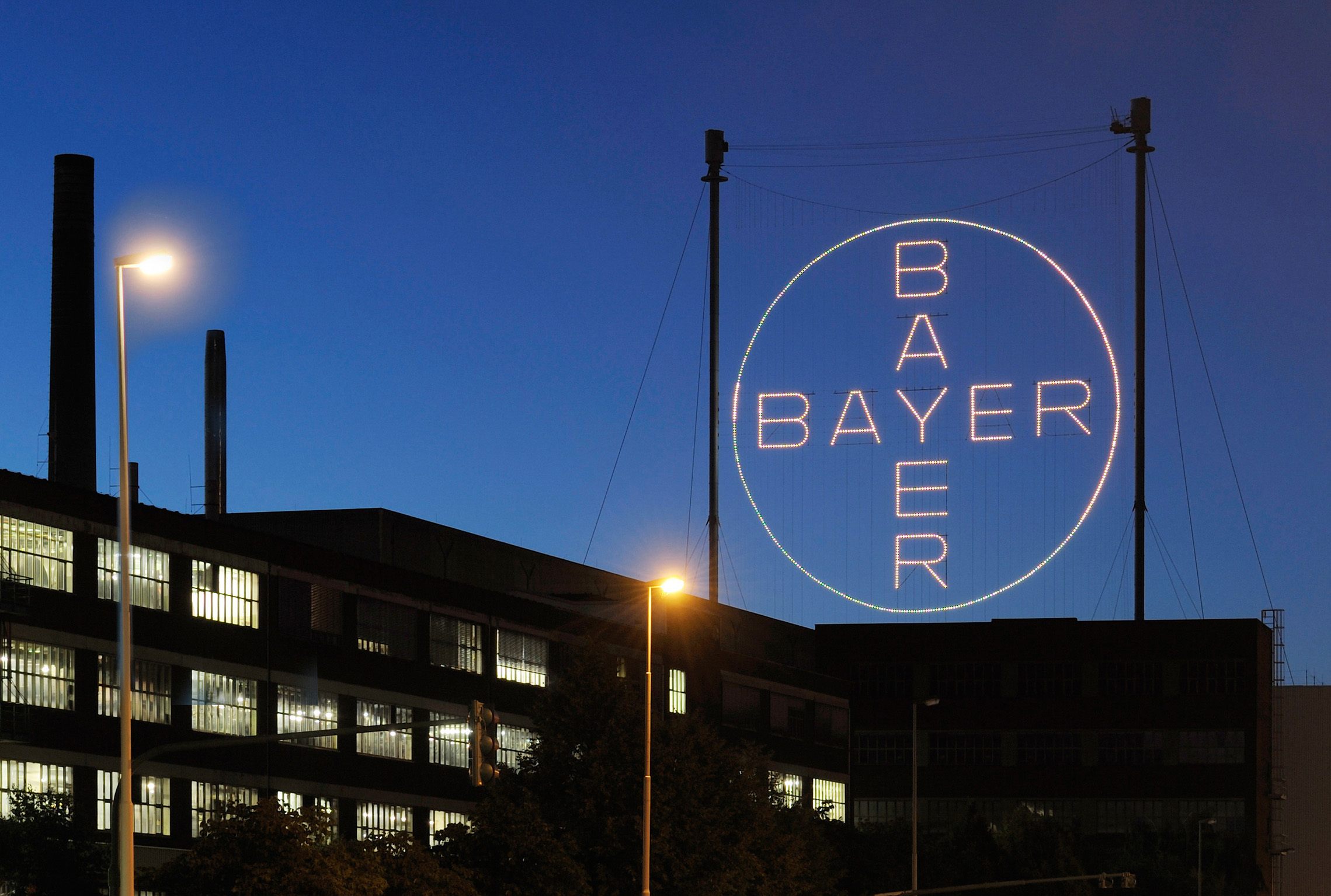Bayer bails on $670m CAR-T partnership with Atara

In February, Atara Biotherapeutics paused enrolment into a trial of a CAR-T cell therapy for mesothelioma after a patient death. Now, its partner Bayer has backed out of a partnership covering two mesothelin-directed CAR-Ts signed in 2020.
Bayer licensed rights to the two CAR-Ts in a deal worth up to $670 million, including $60 million paid upfront, for one autologous CAR-T already in clinical testing and a second "off-the-shelf" candidate in preclinical testing.
The autologous CAR-T – codenamed ATA2271 – was being tested in the Memorial Sloan Kettering Cancer Center-led study that has been placed on hold while the patient's death is investigated. A decision on continuing the trial is expected in the second half of 2022, according to Atara.
The South San Francisco-based biotech said that Bayer's decision followed a "strategic review and asset-level prioritisation of its pipeline, including cell and gene therapy," although when the German group first licensed the two CAR-Ts it hailed the deal as a centrepiece of its recently-unveiled plans in this area.
The deal also covered ATA3271, a follow-up CAR-T designed to sidestep the need to harvest cells from patients, with both therapies aimed at high mesothelin-expressing tumours such as malignant pleural mesothelioma and non-small-cell lung cancer (NSCLC).
Bayer and Atara previously said they intended to seek approval to start clinical trials of the off-the-shelf CAR-T before the end of this year, but that will now be set back.
Atara's head of R&D Jakob Dupont acknowledged Byer's decision but remains "confident in the potential of ATA2271 and ATA3271 to address patient need in solid tumours", based on preclinical and clinical data generated to date.
He added that Atara is "re-assessing our strategy on how best to generate value from the programmes moving forward".
In the meantime, the company said it will focus its resources on off-the-shelf T cell therapies tabelecleucel and ATA188 for diseases associated with Epstein-Barr Virus (EBV).
Tabelecleucel is in the phase 3 ALLELE study in EBV-positive post-transplant lymphoproliferative disease (PTLD) after transplants and is already under regulatory review in Europe, although it has faced regulatory delays in the US.
Meanwhile, ATA188 is in a phase 2 trial in EBV-associated cancers scheduled to generate results next month.
Shares in Atara were down 11% in pre-marketing trading this morning.












